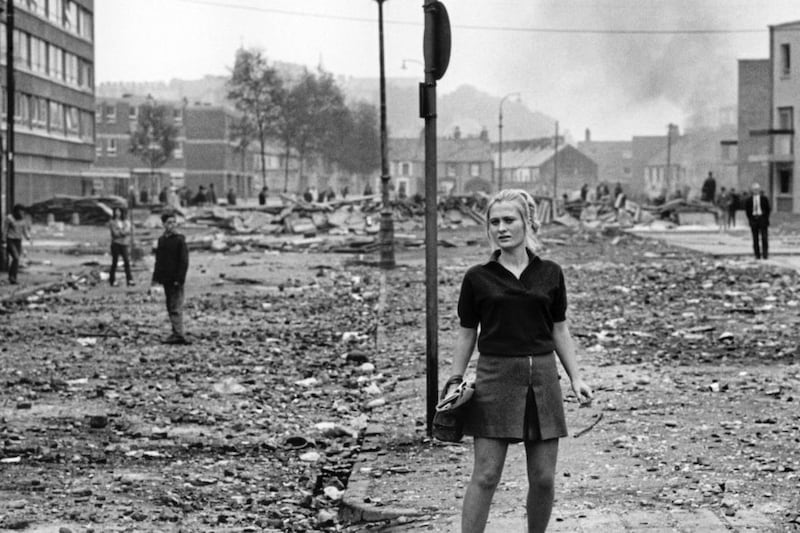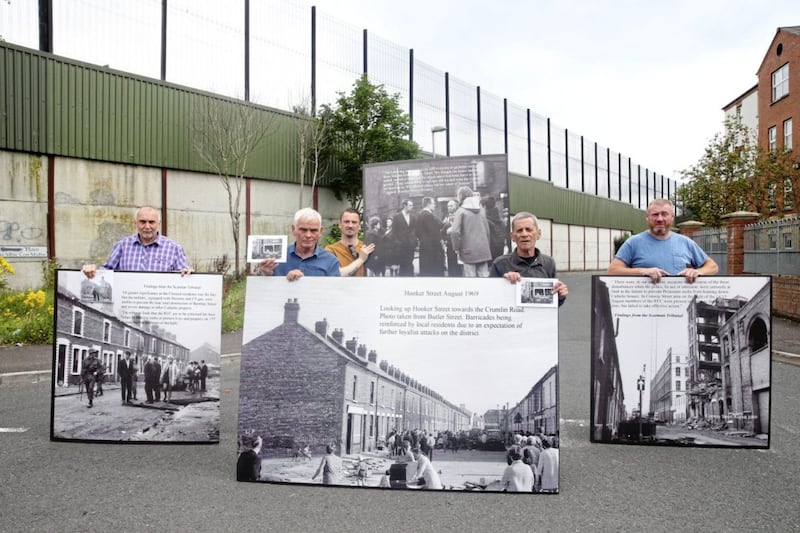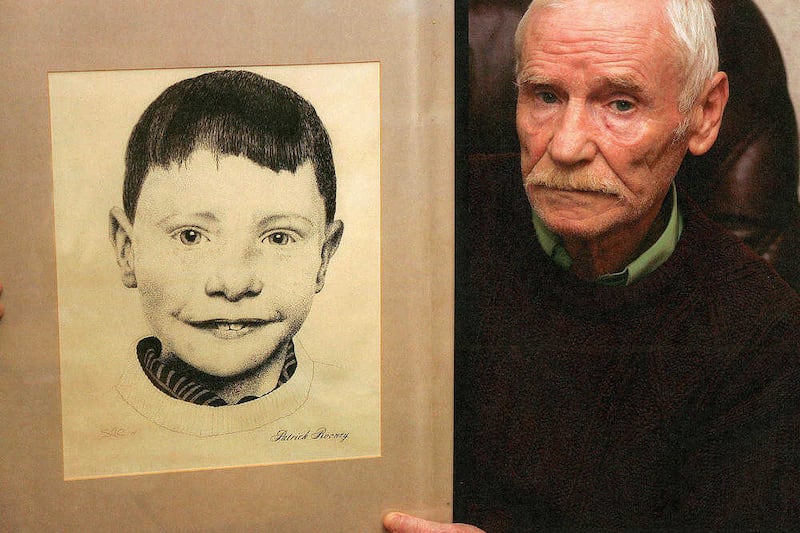FEW, if any, of those involved in street disturbances in Belfast and Derry over the past week were born when one of the most disturbing periods in recent history took place 50 years ago in the same two cities.
Events following the Apprentice Boys’ parade in Derry led to prolonged rioting in Catholic areas, notably the Bogside. The trouble continued for most of that week and spread to parts of Belfast where seven people lost their lives and many thousands of mainly nationalists fled their frontline homes. Hundreds of those houses were burned to the ground in Bombay Street and other parts of the interface between the Shankill and the Falls Road.
Disputes about who did what to whom have persisted to this day. What most people would agree on is that the events of this week five decades ago were, however horrific, overshadowed by the decades of violence, destruction and death which followed.
The young people who took part in the trouble seen in Derry at the weekend and in north Belfast just days beforehand should ask themselves: Do I really want to risk perpetuating this terrible violence? They should also realise that those encouraging them to attack the police are unlikely to find themselves before a court and that those older individuals have little regard for young people they send out to risk acquiring a criminal record.
If August 1969 is to be remembered, it should be remembered as the start of a terrible journey which ultimately left thousands dead and many more injured. It should be remembered as a time when too many political leaders did nothing to help society avoid the awful events that followed.
August 1969 should be remembered not as a long unhealed scar, to be fought over again and again, but instead as a stark lesson about what can happen if intransigence continues to prevent sections of out society from treating each other with fairness and respect.







